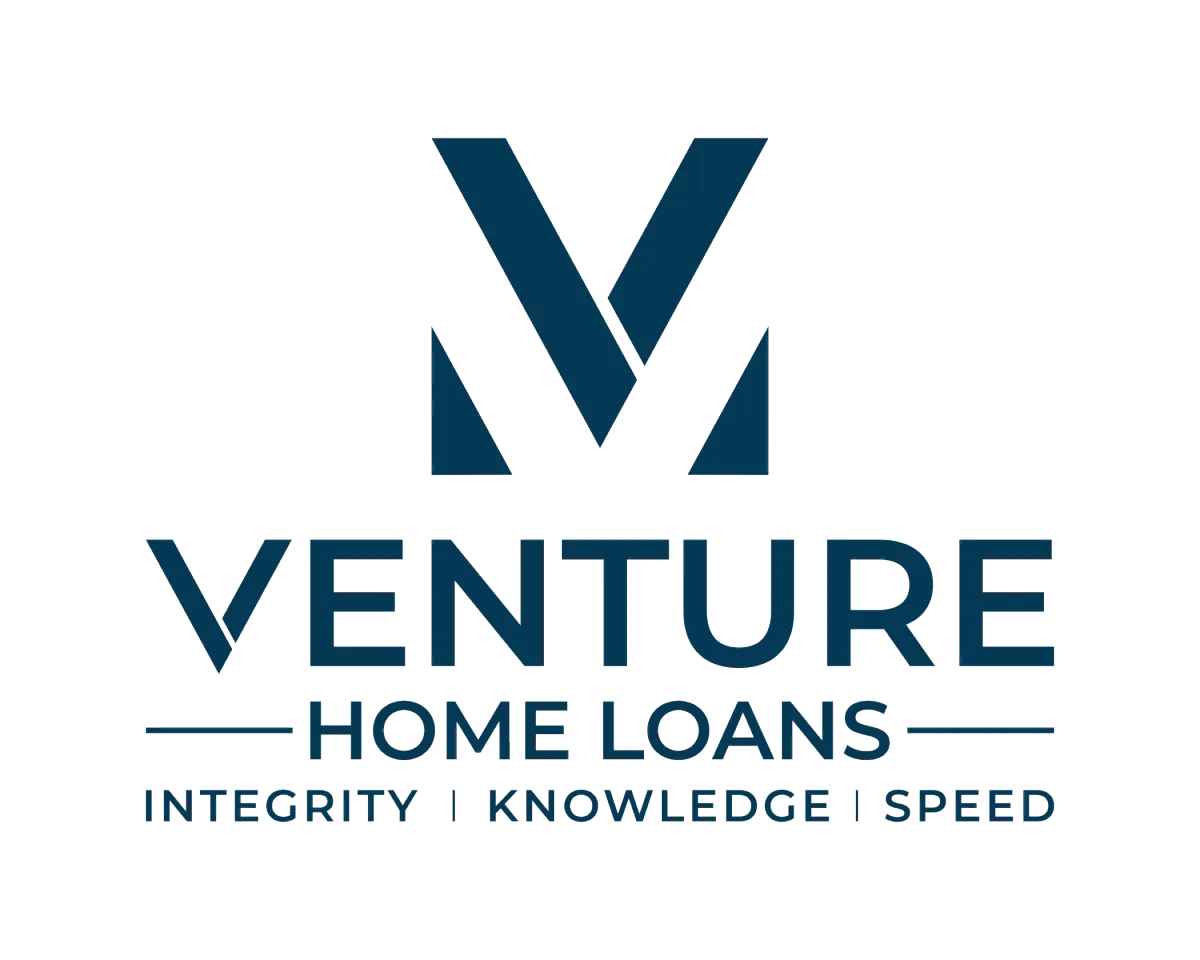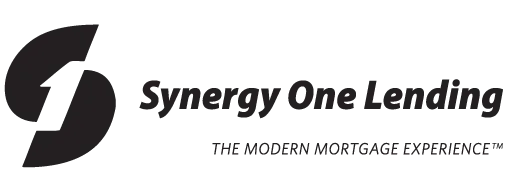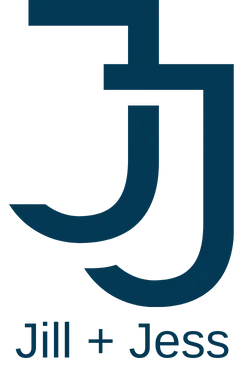Call or Text Us:720-575-5605
Email Us:[email protected]

Conventional Loan overview
A Conventional Loan is a type of mortgage that is not backed by a government agency, such as the FHA or VA. It is often ideal for borrowers with good credit, stable income, and a solid financial profile. These loans can be used to purchase primary residences, second homes, or investment properties and are highly customizable to suit a variety of needs.
Why It Matters
Conventional loans often offer competitive interest rates, flexible loan terms, and the potential to avoid private mortgage insurance (PMI) with a 20% down payment. They are a great choice for borrowers looking to maximize their buying power while keeping long-term costs in check.
Basics of a Conventional Loan:
Minimum Credit Score: Typically 620 or higher, though higher scores often result in better terms.
Down Payment: As low as 3% for qualified first-time buyers or 5% for others.
Loan Limits: Set annually by the Federal Housing Finance Agency (FHFA).
PMI: Required for down payments less than 20%; can often be canceled once 20% equity is reached.
Loan Terms: Available in 10, 15, 20, 25, or 30-year fixed-rate options, as well as adjustable-rate mortgages (ARMs).
FAQs About Conventional Loans
1. What credit score do I need for a conventional loan?
Most lenders require a minimum credit score of 620. However, borrowers with higher credit scores may qualify for better interest rates and terms.
2. Can I use a conventional loan to buy an investment property?
Yes, conventional loans can be used for primary residences, second homes, and investment properties. The terms may vary depending on the property type.
3. What is private mortgage insurance (PMI), and how does it affect my loan?
PMI is an insurance policy required for conventional loans with down payments less than 20%. It protects the lender in case of default but can often be canceled once 20% equity is reached. Borrowers can also refinance out of PMI if there's enough equity in the home.
4. Are there income limits for conventional loans?
Most conventional loans do not have income limits, although certain low down payment programs (like HomeReady® or Home Possible®) may have income caps depending on the area.
5. How does a conventional loan compare to an FHA loan?
Conventional loans typically require a higher credit score but can be more cost-effective over time, especially for borrowers with a 20% down payment. FHA loans are often better for those with lower credit scores or higher debt-to-income ratios.
Testimonial




© 2024 Venture Home Loans. A division of Alameda Mortgage Corporation, NMLS #271603, Licensed by the Department of Financial Protection and Innovation under the California Residential Mortgage Lending Act
